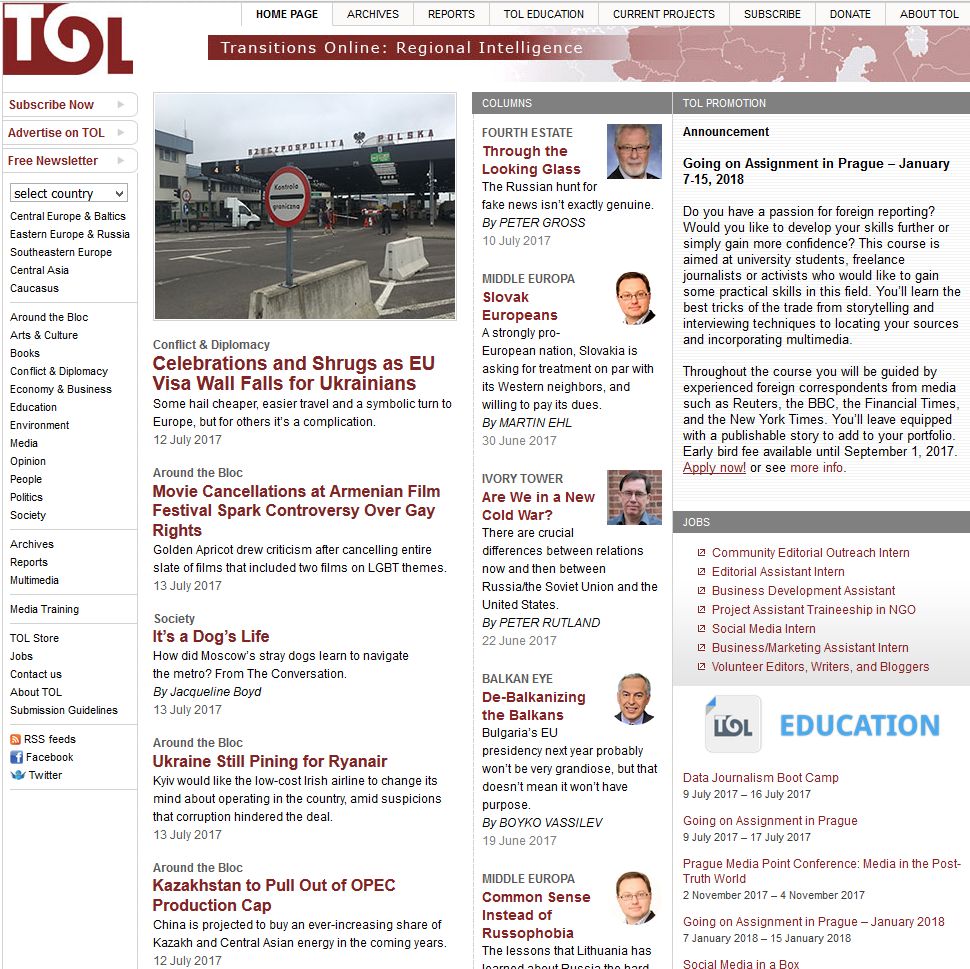
Transitions Online_Around the Bloc-Russia to Step Up Arctic Development
While Putin talks energy projects and security in the far north, Deputy PM Rogozin promises to protect its fragile environment.
More...We kindly inform you that, as long as the subject affiliation of our 300.000+ articles is in progress, you might get unsufficient or no results on your third level or second level search. In this case, please broaden your search criteria.

While Putin talks energy projects and security in the far north, Deputy PM Rogozin promises to protect its fragile environment.
More...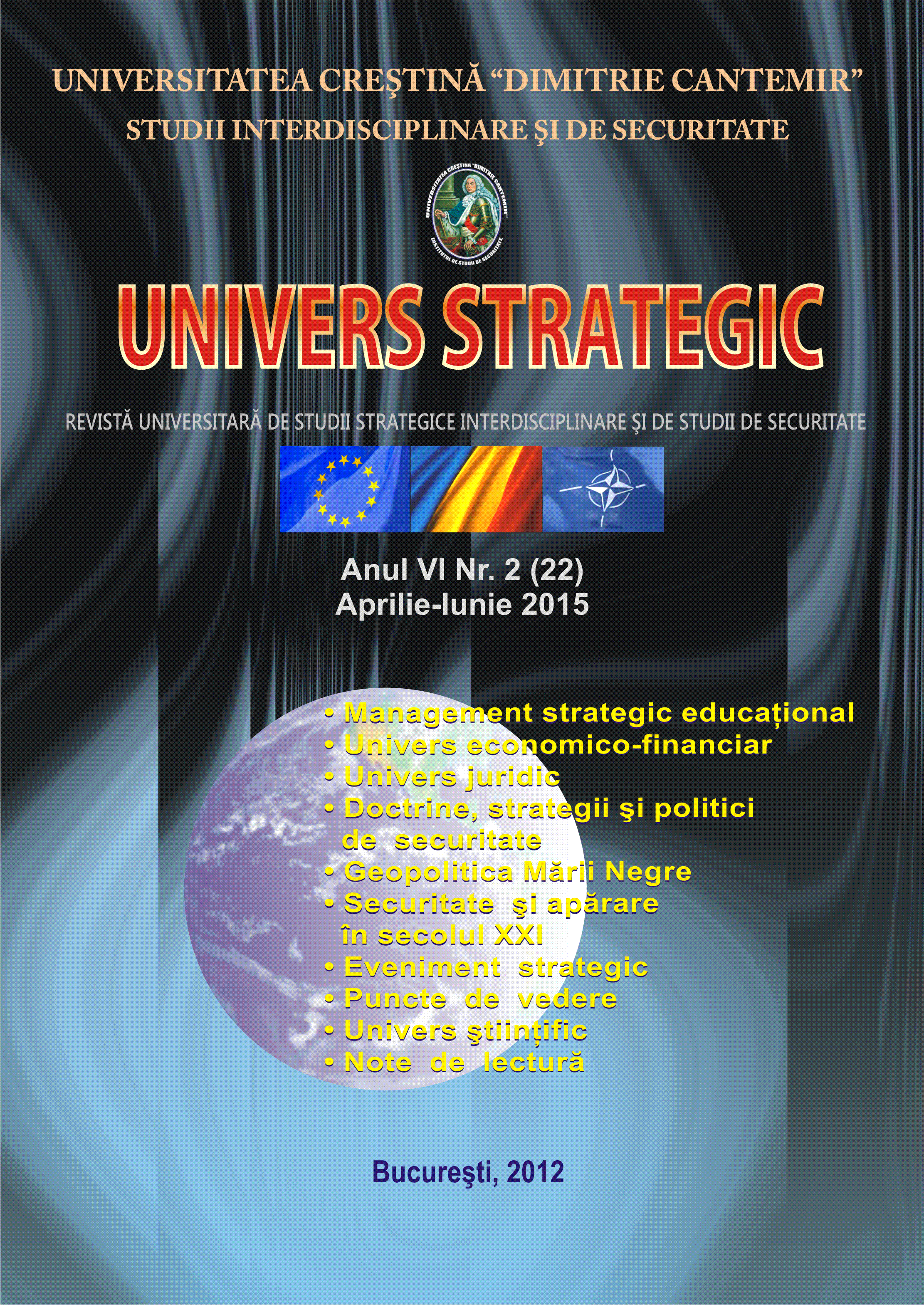
Continuing degradation of the environment, limited access to natural resources and transboundary shipment of hazardous materials pose a threat to national and regional security and stability and can lead to conflicts. Reducing or even eliminating these problems is a factor of stability. In this paper we propose to analyze some of the most serious environmental issues that can seriously affect regional stability without protective measures and cooperation in the affected area.
More...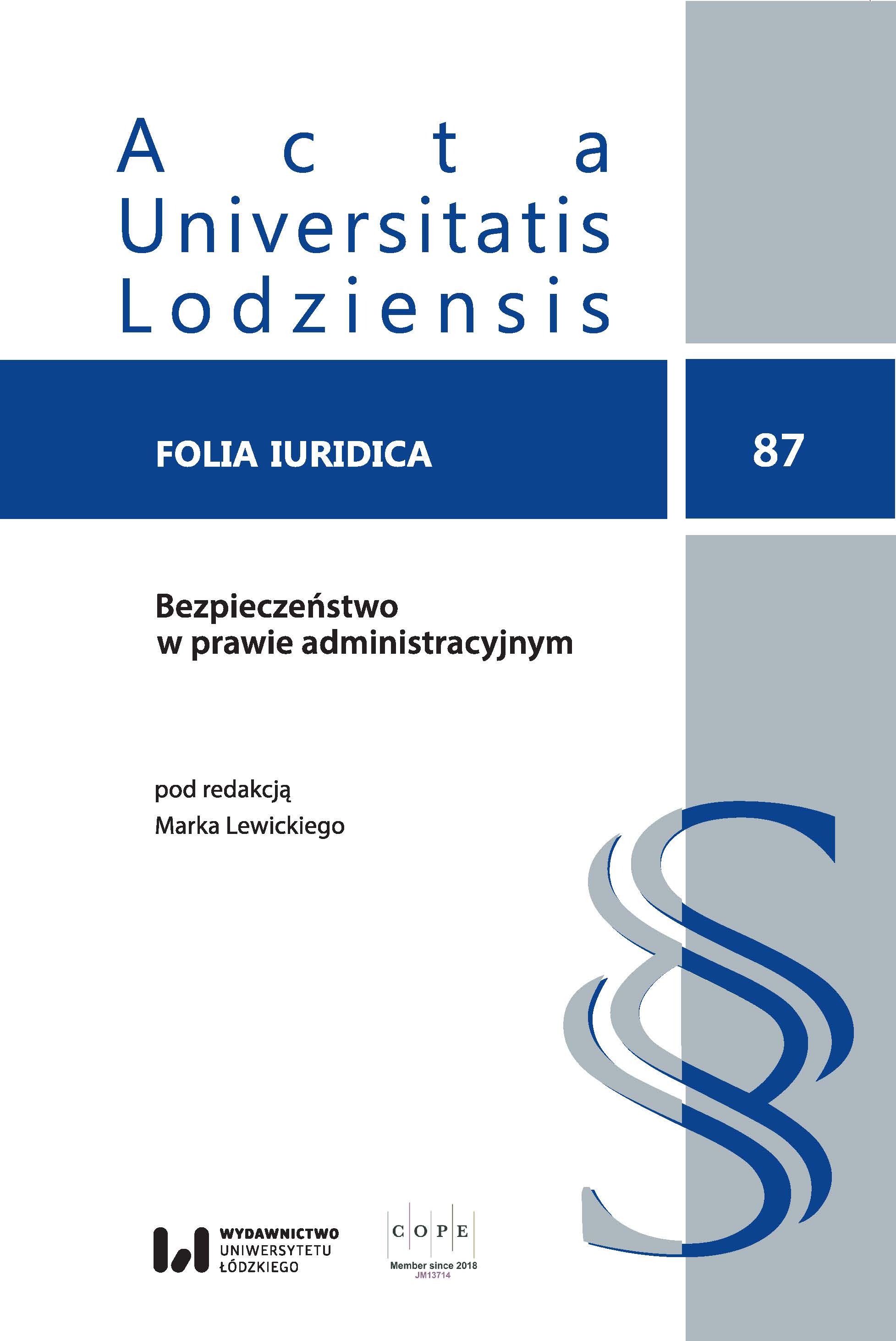
The author analyzes issues of the constitutional commitment of public authorities to care for the quality of the environment, taking into account future generations. She indicates that the concept of ecological security has not been specified explicitly by the legislator, and the views formulating the right to ecological safety are considered disputable. It was emphasized that the problem of low emission is currently the key challenge for public authorities.
More...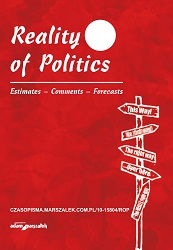
Ensuring the energy security is currently one of the EU’s top priorities. The EU energy policy, after the entry into force of the Treaty of Lisbon, is regulated by Article 194 TFEU, which guarantees a solid legal basis for European Union actions in this area on the basis of the Community method. The European Parliament, within the scope of its Community competences, as a participant in the decision-making process, contributes to shaping the face of the EU energy policy. Furthermore, by adopting nonlegislative resolutions, the EP expresses its position on the most crucial issues included in this policy and has an indirect influence on its shape. The aim of this article is the analysis of the content of these resolutions and presentation of the EP’s opinion on the challenges facing the EU in the field of energy. It should be highlighted that the European Parliament is the EU body with a strong emphasis on a supranational approach to energy security. The European Parliament prefers the view that all Member States, in a spirit of solidarity, must take actions to guarantee the EU’s common energy security. In favour of a common, integrated European energy market, the EP puts great emphasis on the necessity to implement ambitious climate policy objectives within its framework, the key element of which is the reduction of greenhouse gas emissions.
More...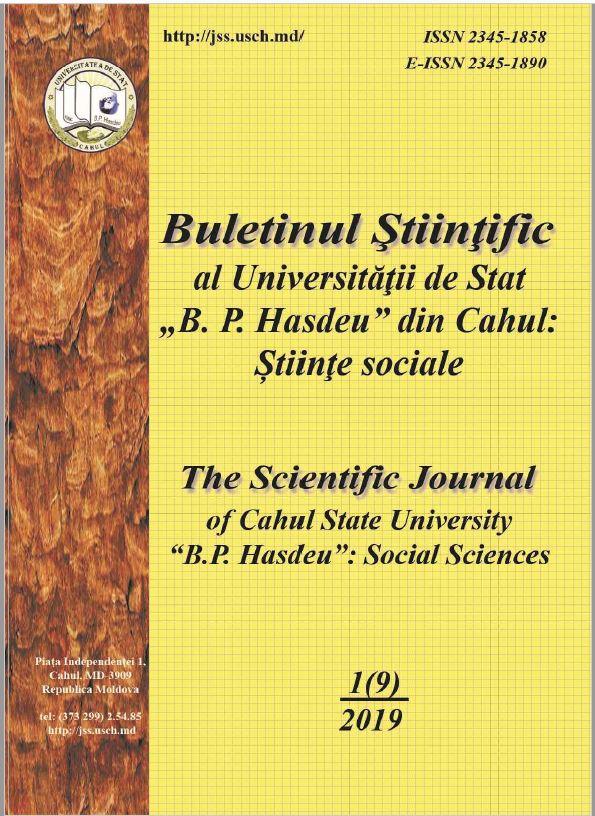
Designation of Protected Natural Areas is a generally accepted method to protect the national natural heritage. This study analyzes the special administration regime of the Danube Delta Biosphere Reserve, recognized as a Protected Natural Area. In this regard, there are considered the following: the national regulations in concerned field, the forms and tools whereby this institution provides the objectives achievement for which it was established, the elements of leadership, execution, consultation, guidance and supervision from the institution's structure. The principles of good governance are used as a methodological reference point for assessing the administration quality. The study conclusions show that the administration of the Danube Delta Biosphere Reserve is strongly influenced by social and economic factors. The way of creation, hierarchical position and the role of elements from the institution structure represent a clear evidence of its politicisation, which limits its effective performance of the role of important actor in the environmental policy implementation.
More...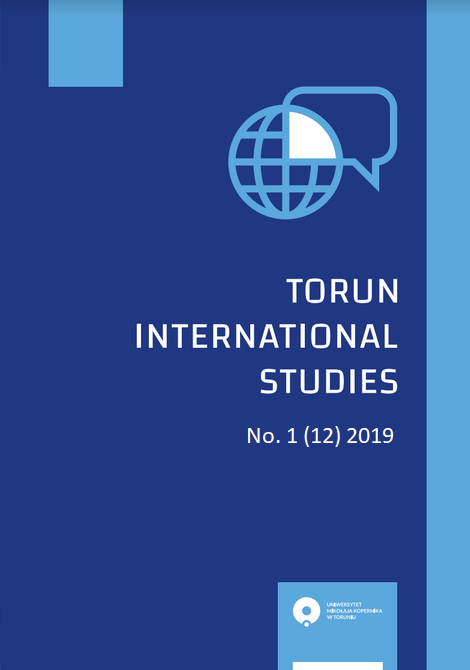
The article is an operationalization of a new theoretical-methodological approach to analyzing International Relations discourse. The approach is based on the Critical Theory of International Relations and the concept of world-ecology. It re-conceptualizes the critique of mainstream International Relations theories and paradigms in a way which foregoes the Cartesian dualism of Society and Nature in order to analyze the subject through the dialectical power-capital-nature relation. The article analyzes two contemporary texts from “Foreign Affairs” which defend the realist and liberal theories. It shows that both discourses only stabilize the existing order without challenging it in any way or proposing radical ways of dealing with the ecological crisis. They either ignore environmental issues or treat them as solvable under the current political-economic status quo.
More...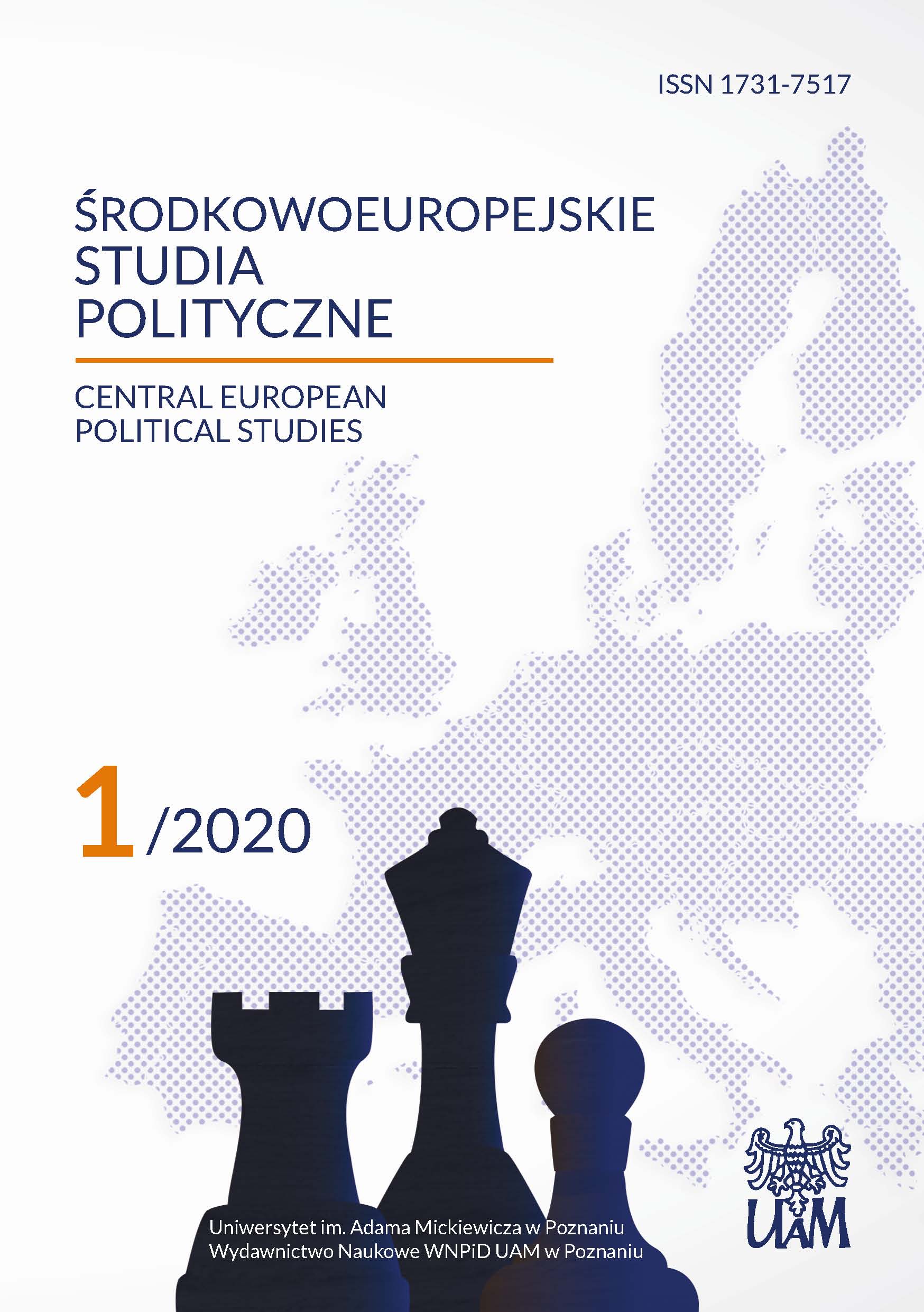
The article aims to evaluate the effectiveness of the Clean Air Priority Programme and to establish possible threats to its success. The National Fund for Environmental Protection and Water Management’s programme constitutes an important element of the government programme that goes by the same name. This study, with the aid of an institutional-legal, decision-making and quantitative analysis will undertake to answer the following research questions: (1) can the realisation of the aim formulated in this programme result in an improvement of air quality in Poland?; (2) what, if any, barriers stand in the way of achieving the programme’s aims?; (3) does the Clean Air Programme require further changes? On account of the high energy consumption of Polish homes, which typically results in their owners heating them with the cheapest fuels, emitting significant amounts of pollution, should the programme aims be assessed positively? In the process of discussions however, three types of barriers have come to light: (1) those related to the effective distribution of funds, (2) difficulties arising from programme frameworks that potential beneficiaries might encounter, and (3) potential limitations in the access to EU funding. On account of threats to the success of the programme that have been identified, it is expected that further changes to its functioning will be introduced as well as the ring-fencing of funds for thermo-modernisation and change of heating systems.
More...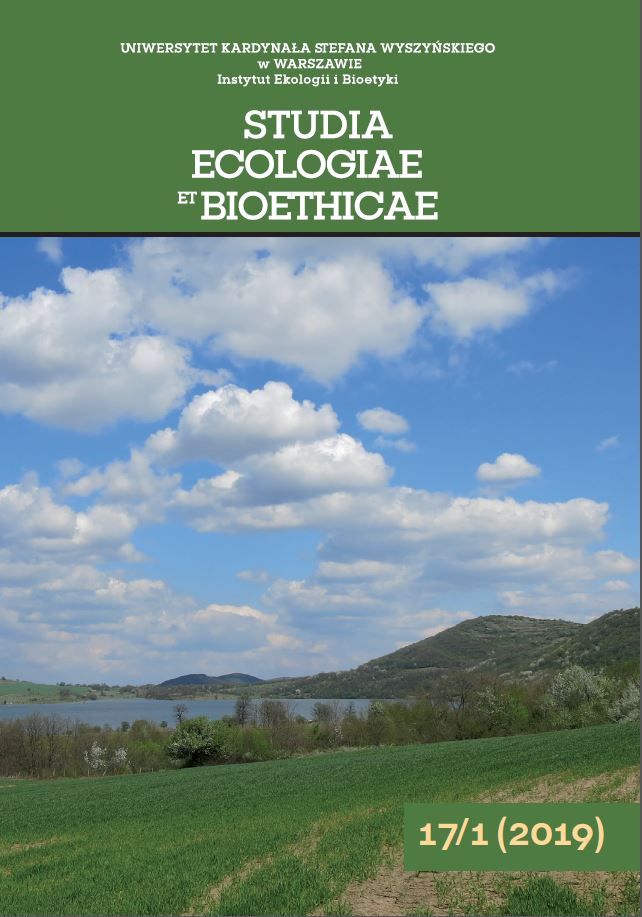
The article presents selected issues related to the construction and operation of wind farms. The case study concerns the planned wind farms “Podborze” near Ostrów Mazowiecka. Potential ranges and effects of the planned investment will be indicated. The last element will be indicating ways to preventive measures and counteracting negative effects.
More...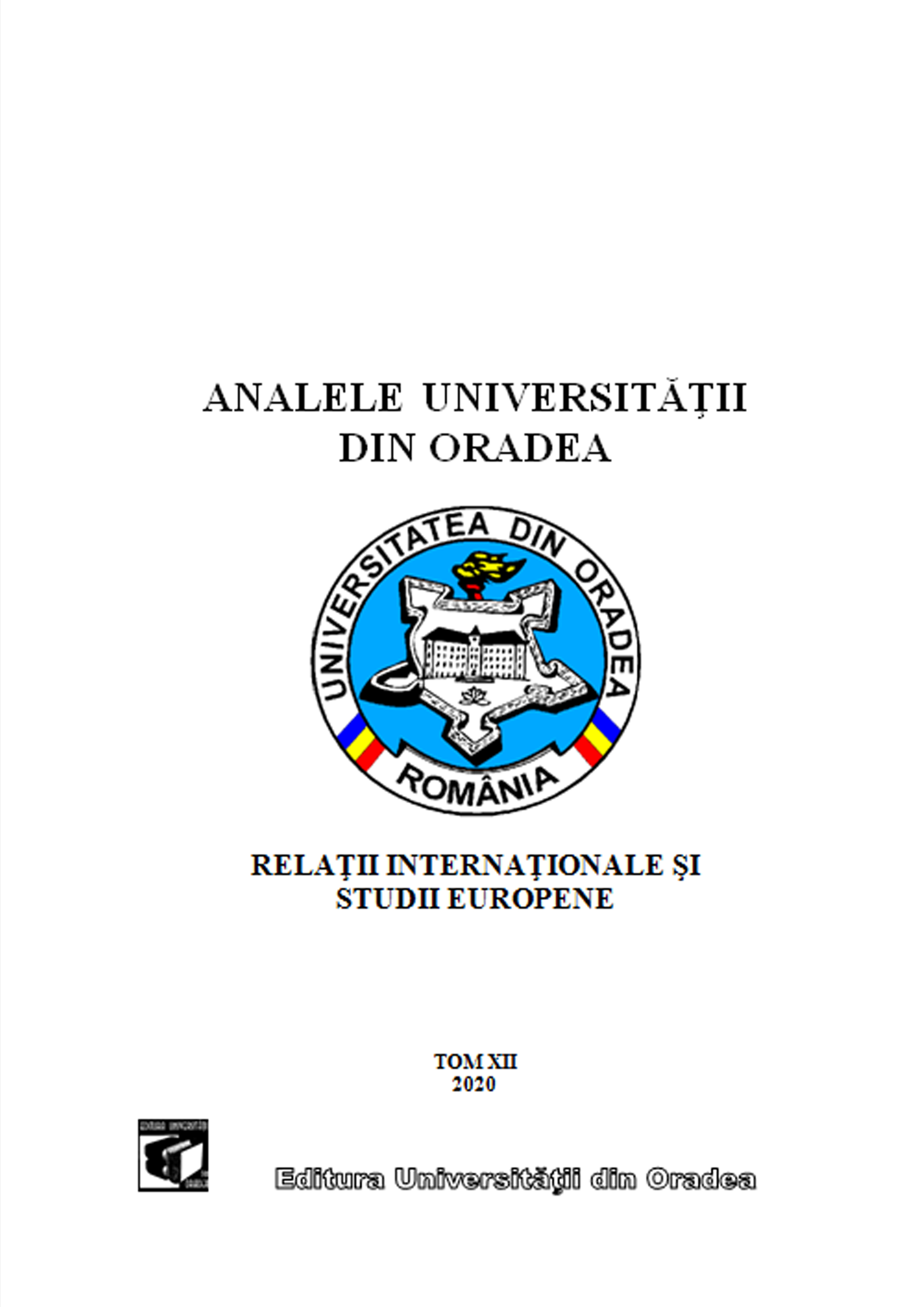
Waters cross national and administrative borders, so the states must cooperate for an integrated and sustainable management of water resources. Joint management of transboundary water issues has a long tradition in Europe. There’s an obvious growing concern for the protection and improvement of water quality at the global level, especially in the context of climate change and population growth. In Europe, the current water policy (the Water Framework Directive and the Floods Directive) accelerated the process of integrated management of transboundary waters. Thus, cross-border cooperations appears to be an essential component with the need of defining common principles for EU’s Member States in order to improve water protection and the management of cross-border water issues. The paper presents Romania’s cooperation in the field of water management with the neighboring countries, mainly bilateral cooperation, but also in European context (with member states and non-member states), with the possibility of financing joint projects through the various Europena Territorial cooperation programmes.
More...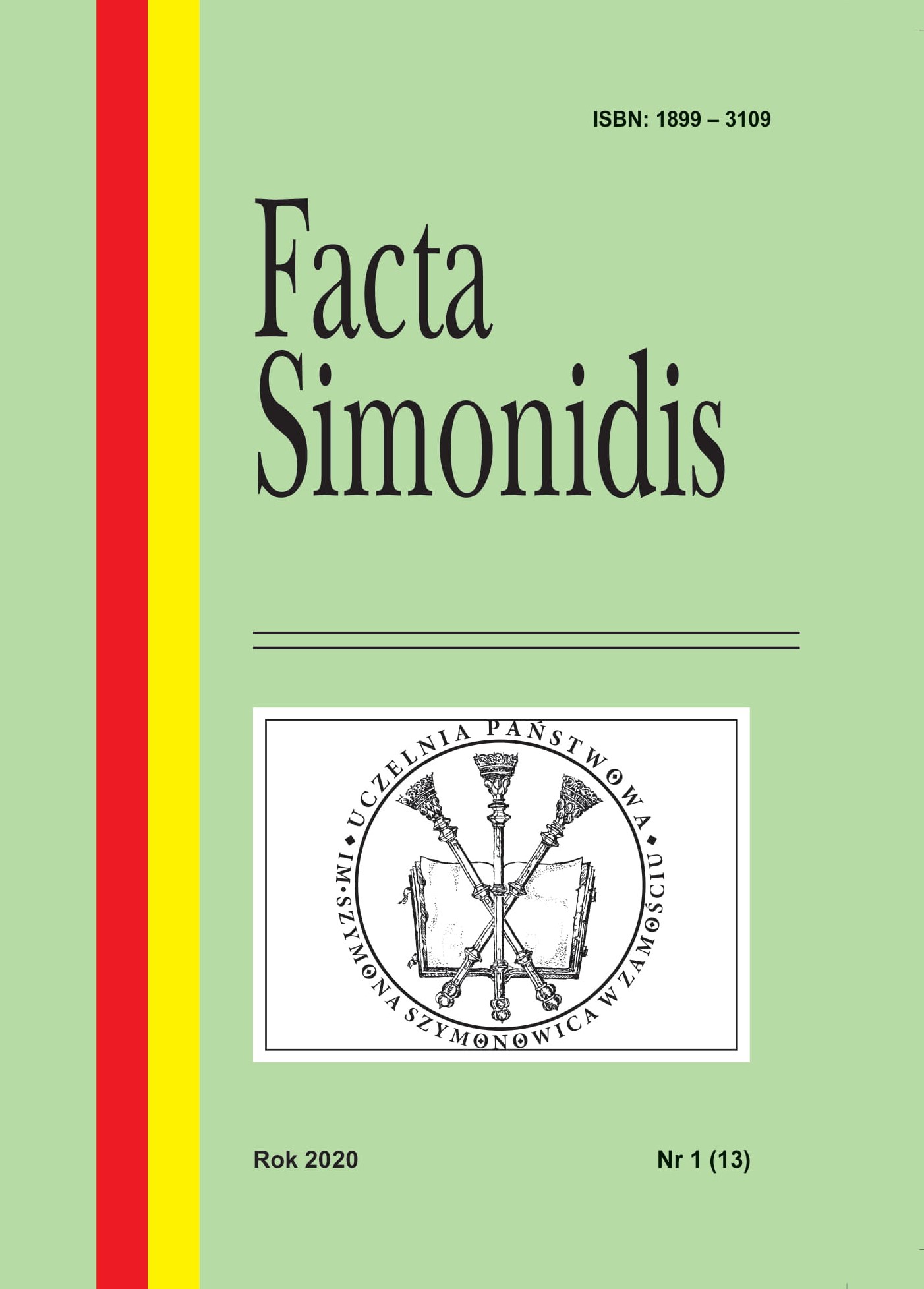
Environmental policy is very important element of sustainable development policy. It is an integral part of this policy too. Compliance with high standards of environmental protection and economical management of limited nature resorces is very important to create effective implementation of this policy. Certainly Polish environmental policy has many omissions, for example: problems with air quality protection, low level of support for eco-innovativeness of various branches of economy or enforcement of environmental protection regulations. The aim of the article is to present the evolution of green policy in Poland and present currently assumptions of Poland green policy. The purpose of this article is to evaluate the aspects of Polish green policy since system transformations to the present day. The article also explained elementary concepts of environmental policy. The basic research methods used in this article are the analysis of strategic documents and analysis of scientific descriptions of the National Environmental Policy.
More...
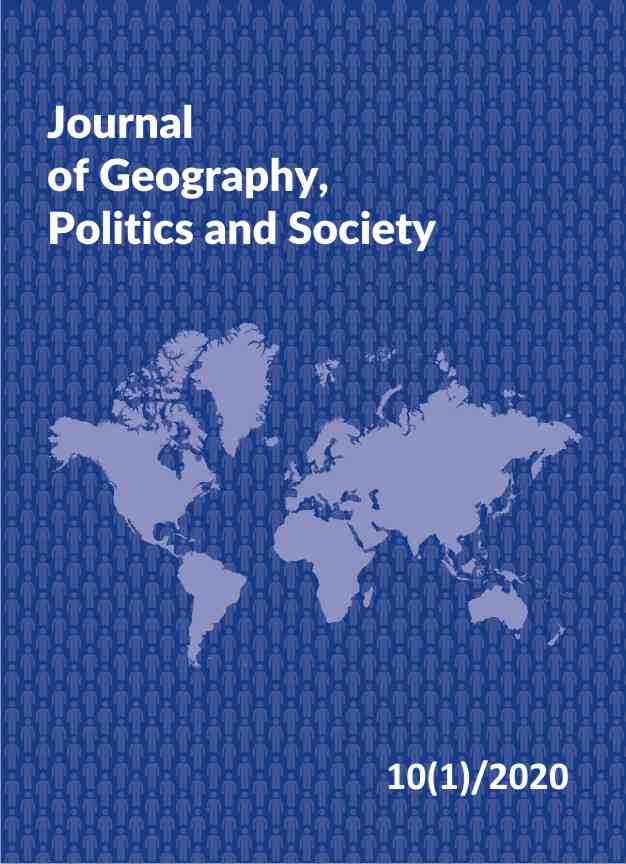
The paper analyzes the Kurdistan Regional Government’s (KRG) natural resource strategies, such as how it deals with huge reserves of many trillion cubic feet of its natural gas as significant energy. Because natural gas belongs to the cleanest burning fossil fuels, with 30 percent less carbon than oil, it plays a role in the global fuel economy. As KRG transports its natural gas to international markets, like European countries, via Turkey it means they also participate in energy security as a new actor. Because the KRG is landlocked, strong factors may affect Kurdish natural gas strategies because KRG is surrounded by today’s partners and yesterday’s enemies politically and economically. Turkey, the neighbor of KRG, also buys its gas and has an influence on these strategies after the Ukraine crisis that pushed European countries to make a turn towards Caspian natural gas. Kurdistan is part of the best option for European energy security as it plans to diversify natural gas imports. While the KRG benefits from selling its natural gas directly to international markets, this will come with some struggles. Many of these obstacles can be classified into two types: internal and external obstacles, such as a conflict with the central government regarding how to share gas revenues. Others problems include Iranian neighbor interest on natural resources in Kurdistan and Russia that looks to Kurdish gas as its ally if Kurdistan joins the southern gas corridor pipeline.
More...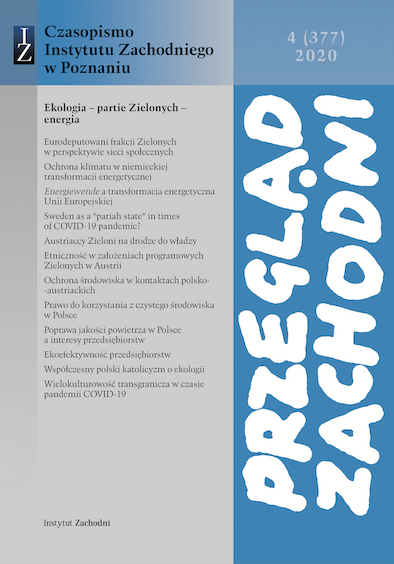
The aim of the article is to present an overview of the programs and results in the European Parliament elections of parties originating from the environmental movement and to analyse the structure of the Greens/Greens-EFA faction's milieuin the years 1989-2019. The study applied methodological assumptions of social network analysis, which made it possible to conduct a statistical, quantitative analysis of the structure consisting of all the representatives of the Greens/Greens-EFA faction. Two hypotheses were formulated in the paper: H1 -the most prominent positions in the structure are held by German MEPs, which stems from the fact that they are the most numerous group comprising the successive factions created/co-created by the Greens; H2 -the position of British MEPs in the network is not significant due to the fact that their number was low throughout the period examined.The results of the conducted analysis allow us to conclude that both hypotheses were not confirmed.
More...
The paper focuses on solutions developed in 2019-2020 by the federal government (often in agreement with the federal states or under the influence of the CDU/CSUand SPD parliamentary groups) in the process of energy transition concentrated on the issue of reducing greenhouse gas emissions, i.e. precipitating actions for climate protection.The instruments adopted in the so-called climate package, the problem of phasing out coal for energy production by 2038 and the precipitation of the pace of renewable energy development, anchored in the prepared amendment to the Renewable Energy Sources Act, were presented. In addition, statistical data on the development of renewable energy sources and the reduction of greenhouse gas emissions in total and by economic sectors were taken into account, which makes it possible to assess the progress of the energy transition, which has an impact on the effectiveness of German climate policy.
More...
Nowadays, energy is a strategic product, which means that there is a correlation between the level of its consumption or the amount of resources held, and the economic development of societies. Taking care of energy security, Germany decided to undergo an energy transformation of its economy, known as the Energiewende. The energy transformation involves not only a technological revolution, but also major changes in the production and consumption process. Germany is perceived as a global precursor of a new energy concept, both in terms of phasing out the nuclear power plant and gradually switching to electricity production from renewable sources. According to the assumptions, the program is to be a flywheel for the German economy, ensuring stability and employment growth. The article aims to show the influence of the Energiewendeon the EU's efforts to achieve a zero-emission economy. Therefore, the issues discussed include: explaining the concept of Energiewende and the reasons for its Europeanization, indicating the strength of the impact on the EU intra-community environment of the energy transformation being carried out, and listing the benefits of Energiewende for the German economy, both at the national and international level. In the light of the research assumptions made, a thesis was formulated which states that Enegiewende serves to strengthen the German economic position in the international arena.The main research methods used in the text are institutional and legal analysis, critical analysis of the literature on the subject, and the prognostic method.
More...
Environmental policy has changed dramatically over the past fifty years. The process of initiating actions to protect the natural environment was associated with the development of awareness of the effects of pollution on humans and nature. It is worth establishing whether the activity of democratic states, both in the area of political activities and the influence of public opinion, was transferred to countries that did not have to take public opinion into account. The actions of a neutral state -Austria perceived by communist countries as a potential partner were taken into account. A comparative method was used to determine the interactions between the variables in terms of decisions made and their effects - adopted legal acts. These studies were aimed at explaining the principles of the mechanisms for making optimal political decisions, and at the same time shaping the political awareness of citizens. Additionally, the institutional and legal method was used, and in relation to media messages, the method of content analysis. Taking into account the effects of the Austrian "neighborhood policy", I would like to explain how repetitive was what Western countries did towards communist countries in relation to the topic of environmental protection, how this phenomenon was defined, what were the similarities and differences in the perception of pro-ecological activities and how cooperation in this area was understood. The presented research problems focus on the results of Polish-Austrian activities in the field of environmental protection. For this purpose, both post-war Polish-Austrian bilateral relations have been analyzed, and in particular bilateral treaties relating to environmental issues.
More...
In Poland, normative levels of air pollution concentrations have not been maintained for years. Citizens who are concerned about the deteriorating quality of life and their safety have filed lawsuits against the State Treasury for damages in connection with inadequate measures taken to reduce smog. It was assumed that the achievement of the research objectives would be made possible by answering the following research questions. Firstly, does the right to use air free of pollution constitute a human right in the light of international agreements to which Poland is a party? Secondly, does Polish legislation specify a personal good consisting in the non-economic use of air that meets normative standards? A further relevantissue to be examined is whether Poles consider it important to protect a value in the form of clean air. The aim of the article is to investigate whether Polish citizens have the right to enjoy the advantages of a clean environment, particularly regarding one of its main components –the atmosphere, and to pursue this right in court. The considerations lead to the conclusion that the law stating that the use of clean air which meets normative standards is a subjective human right and a personal right protected by the provisions of the Civil Code. The method of legal analysis was primarily used to achieve the purpose of the research.
More...
The aim of the article is to identify the economic factors that exerta real impact on the shape of the policy of law-making toimproveair quality. This objective can be achieved by verifying the following hypotheses: -the sources of the penetration of environmental issues into politics are not homogeneous;-pro-quality politicaldecisions and legal solutions to improve air quality can promote the interests of economic operators. The theoretical findings of this article are based on a critical analysis of the literatureof the subject, a descriptive method, the exegesis of normative acts of generally applicable law, as well as an analysis of administrative and judicial case law.The decline in air quality is one of the negative effects of global development. An important element of counteracting this phenomenon is a properly conducted policy of law-creation. The aim of the article is to identify the economic drivers which have a real impact on policy of law creation to improve air quality. Multicentricity of decision-makingis currently not limited only to political circles. While in the case of institutionalized political circles, the assessment of the course of decision-making processes may be based on measurable foundations, it is difficult to grasp the role of active subjects in the economy due to the diverse organizational status and dispersed nature and motivation of their activities. However, the state's income from the taxes remains an important background for the air quality policy of law-creation. In addition, the multicentricity of decision-making centres implies an increasing complexity of decision-making processes also in terms of their overlap.
More...